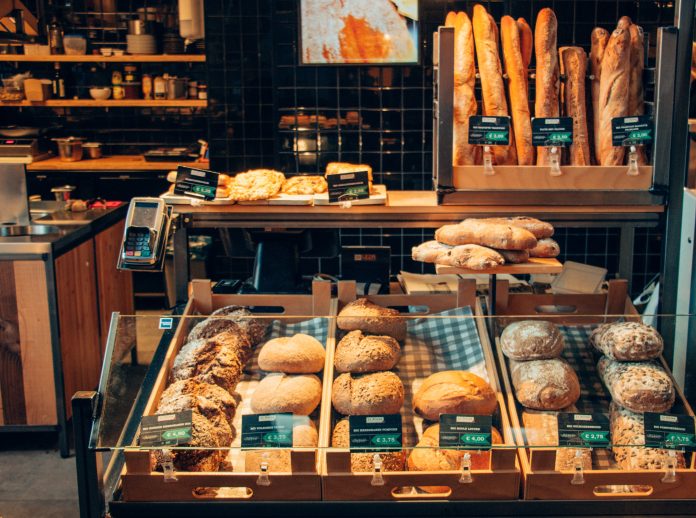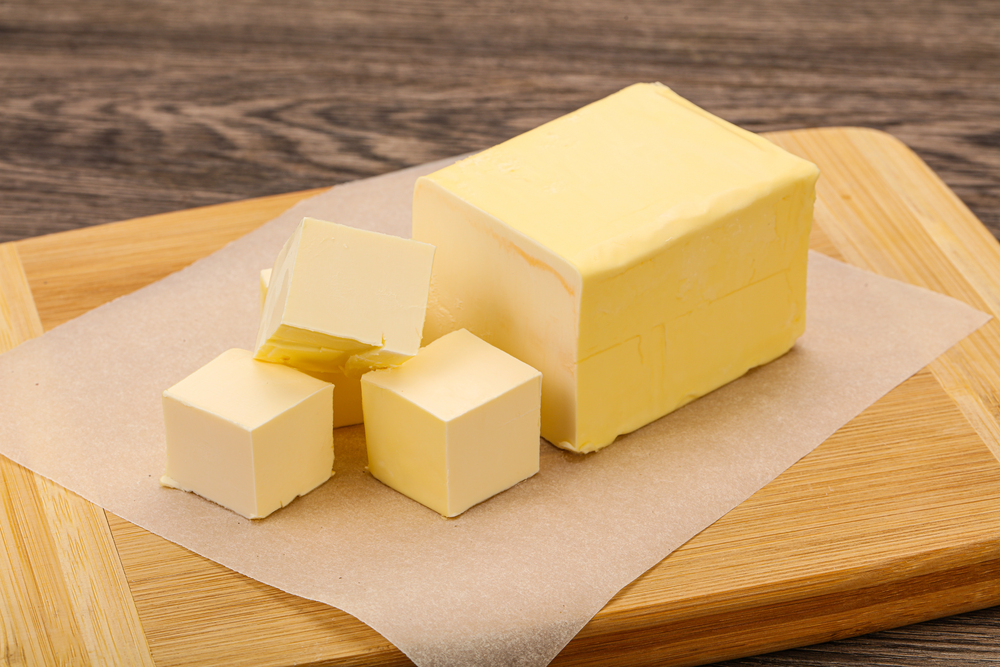When deciding to enter the realm of business by opening up a bakery, one of the rookie mistakes people make is failing to give flour the needed consideration. Even though it’s one of the basic ingredients for baked goods, many focus on other things instead, like location, equipment in the example of dough sheeters to make baking easy, furniture and décor.
While they’re all important per se, it’s necessary to focus on the flour first and foremost because it’s at the very centre of your business. Simply said, without it, you wouldn’t be able to make any baked goods. If you want to failproof your business, besides counting on the help of a prudent strategy in the form of business interruption insurance coverage, you should think of the quality of the flour as well.
You can ensure this by investing in a grain mill for sale. The range of grain mills differs in size, capacity as well as features and design, from stand-alone units to units attached to mixers, so other than choosing the brand and the price, you can make the decision based on your baking needs also.
How Can a Grain Mill Benefit Your Bakery?
If you didn’t have this piece of equipment on your list of priorities, or at all for that matter, you might be wondering whether it’s worth acquiring one, so keep on reading to find out all the ways it can benefit your business.
Fresh Nutritious Flour
There’s no doubt the market is competitive, but with the help of a flour mill you can give your bakery a great advantage. The fact that the refining process results in loss of minerals, vitamins among which B and E, and dietary fibre, suffices to say an entrepreneur should look for the alternative — using whole grains.
More so now organic trends are taking the world by storm, and focusing on nutritious recipes means catering to the people following these trends. Consequentially, you’d also be taking a step forward in ensuring the future of the business.
With the help of a mill, you’d be able to grind your own wholegrain flour packed with vitamins and minerals given that you’d be using all of the grain, including the germ, the endosperm and the bran. Nothing goes to waste with such a grinding machine! The difference is notable considering this type of flour is moister and isn’t as dense as the commercially sold one.
Speaking of the counterpart, even if you come across commercially sold whole grain flour, it can be misleading at times if you don’t know how to read between the lines in the labels and check the amount of white flour they have in them. So, why risk it when you can grind as much as you need when you need it!? In any case, even if you grind more than necessary, you can create your own stock and remove this expense off your list because this flour has a longer shelf life!
Healthy Baked Goods
Bread, cookies, biscuits and pastries made of white flour don’t sound exactly waist friendly, but things are quite different when your main ingredient is your own fresh and whole grain flour, free of any additives and fillers. People who are into organic and nutritious eating trends would be able to spot the difference, so don’t be surprised if your products become an immediate success.
You can take pleasure in knowing your goods make for happy and healthy customers since eating more whole grains provides various benefits. Among these are reduction in the risk of most common types of cancer like colorectal, heart diseases, stroke, type 2 diabetes, obesity, reduction in chronic inflammation which is one of the most significant causes of death, as well as support for healthy digestion.
Improved Texture
If you like the idea of experimenting with recipes, you might also like to experiment with the texture of the flour. When you’ve got your own flour grinder, you have the chance to control it by adjusting the settings depending on whether you’d like to get coarse or very fine flour or something in between. This way, you can create your own signature texture with your recipes, one that customers would immediately remember you for and help spread the word about your bakery.
Improved Flavour and Aroma
Having in mind that whole grains retain their nutrients, there are other bonus points you’d also come to make use of — improved flavour and aroma, especially when you use the freshly milled flour with a distinct nuttiness. It’s these exact components that make it easy to distinguish whole grain flour from white.
Not to mention, you can take it a step further by trying out different grains, could be oats, corn, quinoa besides wheat, so you’d create your own tastes. A word of advice is to gather up information about whether or not certain grains require preparation before the milling.
For example, quinoa is one of them since it’s covered with a powder called saponin and must be rinsed and dried properly, otherwise it could interfere with the flavour and quality of the flour. In addition, when not prepared as they ought to be, the grains won’t make it easy on your digestion which is an aspect worth a thought.
Sustainable Choice
Same as with owning other bits and pieces of bakery equipment, having your own grain mill boosts efficiency. You’ll especially like this benefit if you’re up for cutting down on your waste and implementing more sustainable decisions in your business. The fact you can mill the amount of flour you need when you need it implies you can control the production and reduce the flour waste. As a result, you’d be able to reduce the costs too!
Endless Possibilities
Don’t think you’d have to stop at experimenting with your flour flavours by merely using wheat. The different types of grain mill for sale you can find nowadays are designed to be suitable for various other grains, seeds, spices, herbs, and legumes, so be sure to give them a try.
Some suggestions are grinding rye, chia seeds loaded with antioxidants, fenugreek seeds known for controlling appetite and boosting milk production in breastfeeding mums, chickpeas loaded with protein, lentils, rice, barley, or whatever it is you see fit to improve your recipes nutritionally.
A word of caution, though, is to remember to pay attention to the quality of the grains or other ingredients you choose because the quality of the flour depends on this! You can check them out by taking their shape, colour, size, and aroma into account.
Find a Home-Based Business to Start-Up >>> Hundreds of Business Listings.

















































